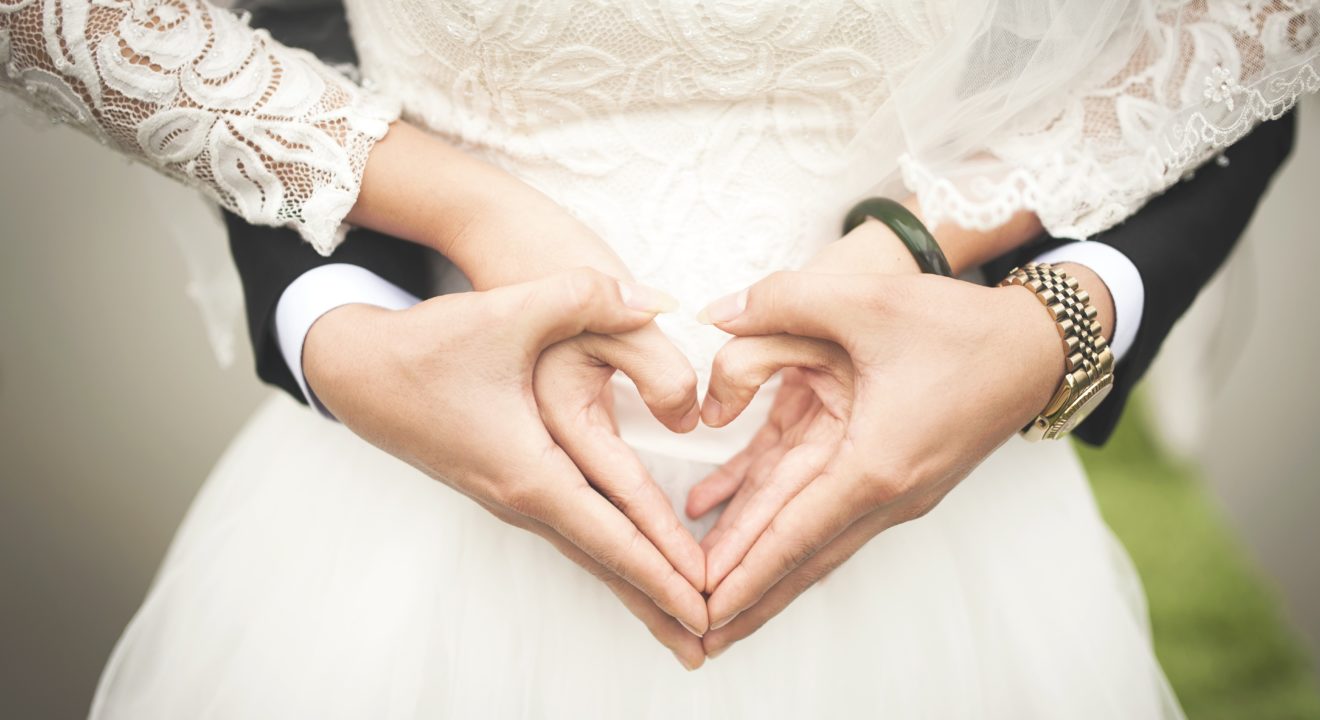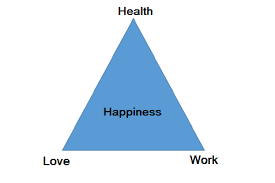Relationships April 28, 2017
Which relationship style - polyamory or monogamy - is truly better?


When you hear the word “relationship,” what image pops into your mind? Two teenagers holding hands? A man and wife? What about a polyamorous couple – or one that rejects monogamy and instead has multiple relationships, one main relationship and several flings, or even a threesome?
If you’re like 16 percent of surveyed Americans, that last image of “relationship” is becoming more acceptable. In fact, between 2001 and 2016, the amount of Americans who approved of “poly” relationships jumped by nine percent. Americans aren’t just talking the talk, either; some are walking on the polyamorous side. In fact, one 2016 study estimates that one in five Americans has been in a non-monogamous relationship.
I’ve witnessed the increase in poly relationships first-hand, partly thanks to Skirt Club, the underground community I founded for women who play with women. Some of Skirt Club’s members engage in threesomes, and many are in committed relationships with men. I’ve also heard polyamory stories from friends – typically those under the age of 30. One of my biggest takeaways so far? Polyamory seems to come with its share of benefits.
For instance, many scientists agree that humans aren’t biologically intended to have one life-long sexual partner. So, I understand that poly feels more natural than monogamy to some people.
Not only that, but love and passion also don’t necessarily come hand in hand. It’s impossible to desire each other in a marriage all of the time, and libidos spike up and down. Spicing up your sex life by involving other people can work magic to return the passion between you and your partner.


The problem with polyamory? I believe humans, as creatures, should be polyamorous. However, as spiritual creatures, the concept of love prevails. If polyamory was a way of life, relationships could become less durable and possibly less meaningful. And, if one partner is more on board with polyamory than the other, this difference in feelings can create cracks in a relationship.
So, before we start jumping on the polygamy train, I want to ask: “What can we learn from a tradition as old as humanity?” Or, perhaps more importantly, what benefits of monogamy would a polygamous future miss out on?
For some scientists, the biggest bang for your buck with monogamy is its civilizing effects. One 2014 research analysis found that monogamy:
Studies have also linked a stable relationship between two partners to lower rates of depression, higher immunity, and improved heart health. Monogamy often involves marriage, and couples who tie the knot can also live longer and feel less stressed.
Personally, I find that stability in my life allows me to focus on areas of personal growth and my work. If too many parts of our lives – love, work, health – are moving, then we fall apart. By having a stable partner (one who hopefully provides friendship, safety, inspiration, emotional connection, empathy, respect, peace of mind and moral support), people may have an easier time finding a balanced life.


Image via Ivanco Fitness Blog
Choosing to introduce additional partners into your relationship can be sensitive, devastating and, of course, exhilarating. How much you experience each feeling depends on your personality and relationship type.
Because of this, I believe people should have the right to choose between monogamy and polyamory, and society should accept their choices. Ultimately, we – as a society – can only thrive from diversity. In fact, studies show that groups featuring various races, genders, sexual orientations, etc. are more creative, diligent and hard-working.
In a corporate environment, people commonly choose to brainstorm among diverse teams in order to generate the best ideas. Maybe the same mindset should be embraced among couples and other sexual partners. Who knows what good ideas – for a couple’s relationship or society as a whole – could be sparked by exchanging different views with multiple close partners…or even discussions between monogamous and polyamorous couples.
However, some times in our lives are better suited to polyamory than others. Along with circumstances, your appetite for multiple partners may also change. Sexuality can be fluid, and our desire for multiple partners can shift in the same way.
The bottom line? Ultimately, when – if ever – you shift your relationship parameters is up to you. And as long as your relationship style works for you, monogamy, polyamory or a mix of both can be the “right” choice.